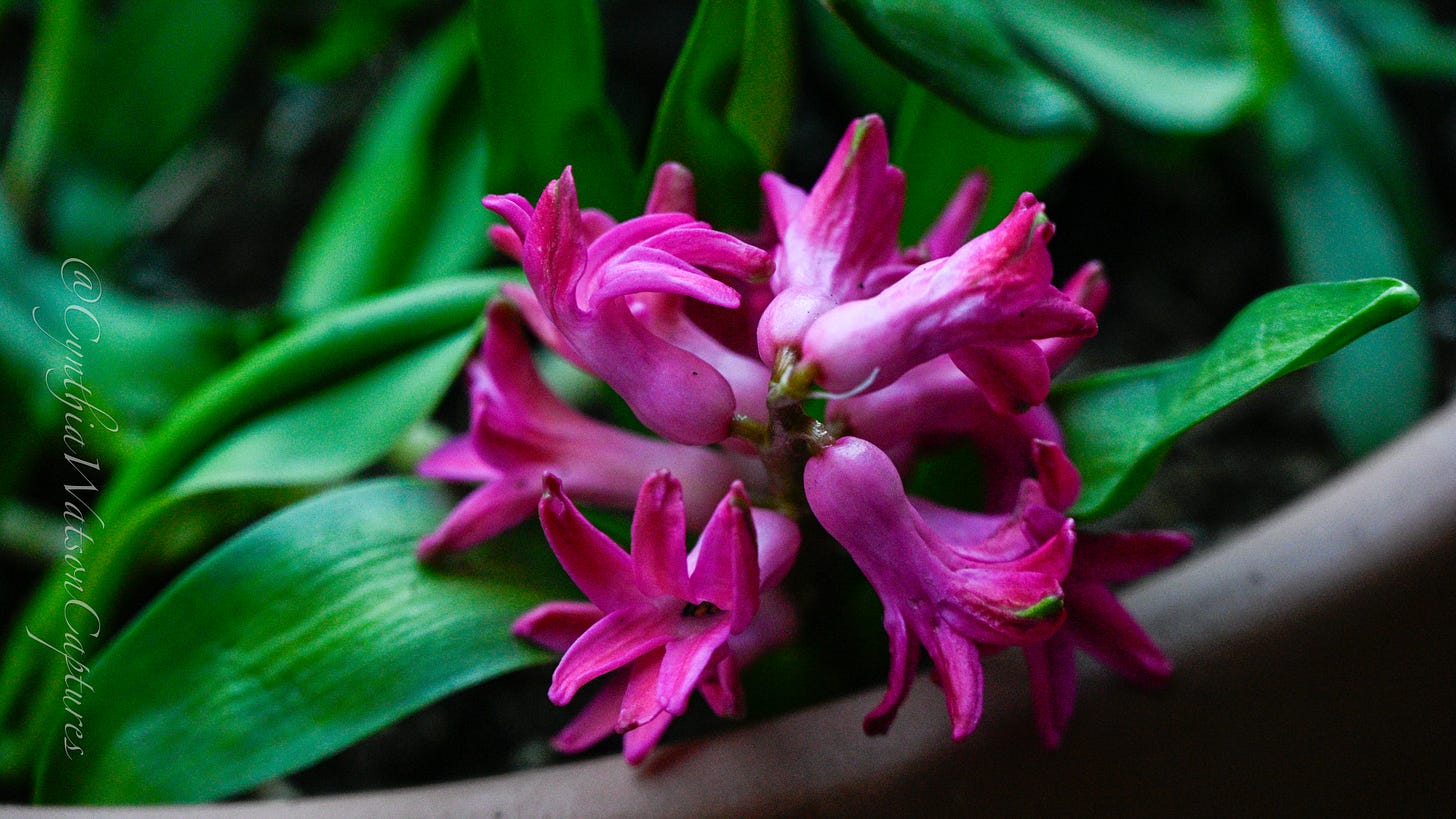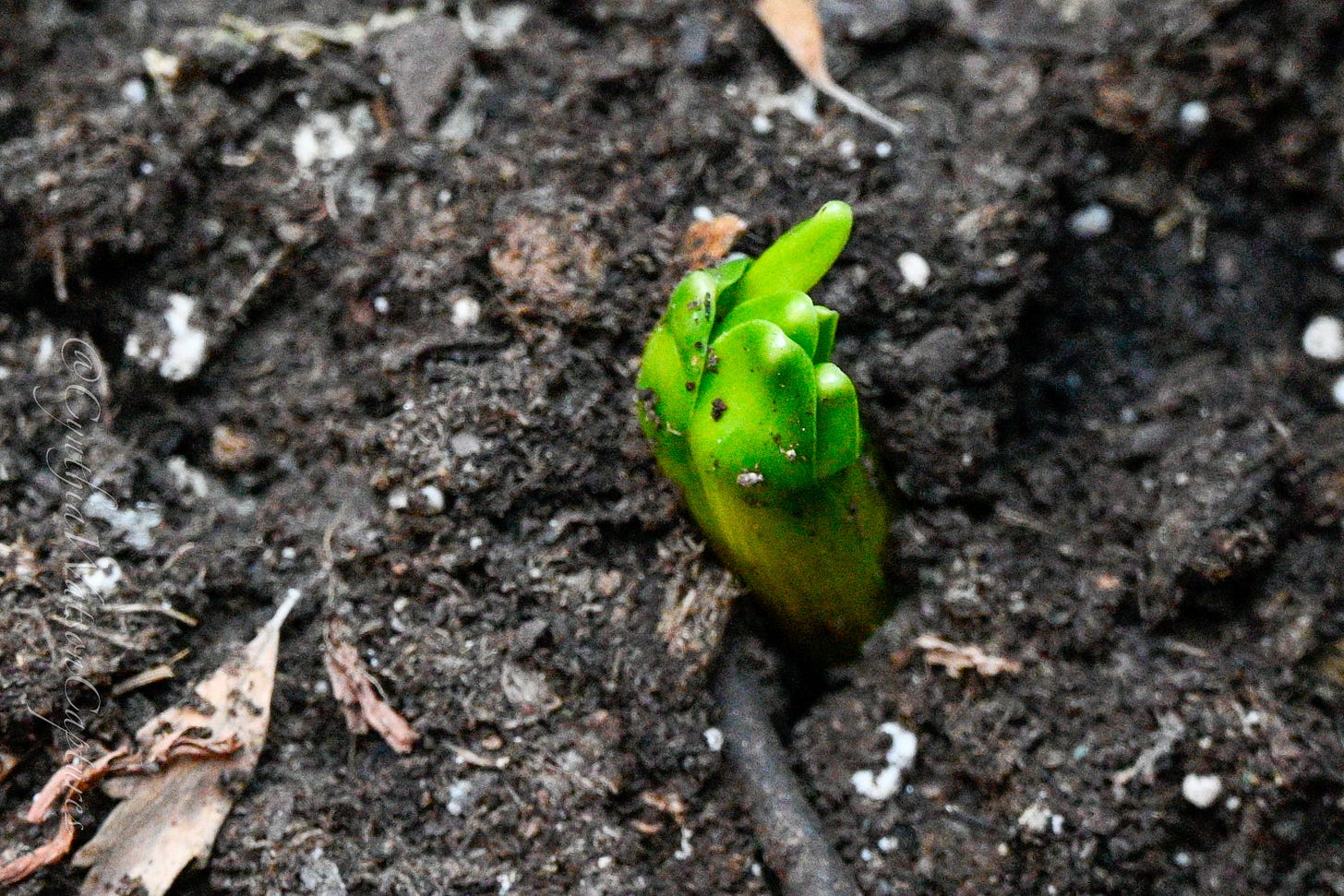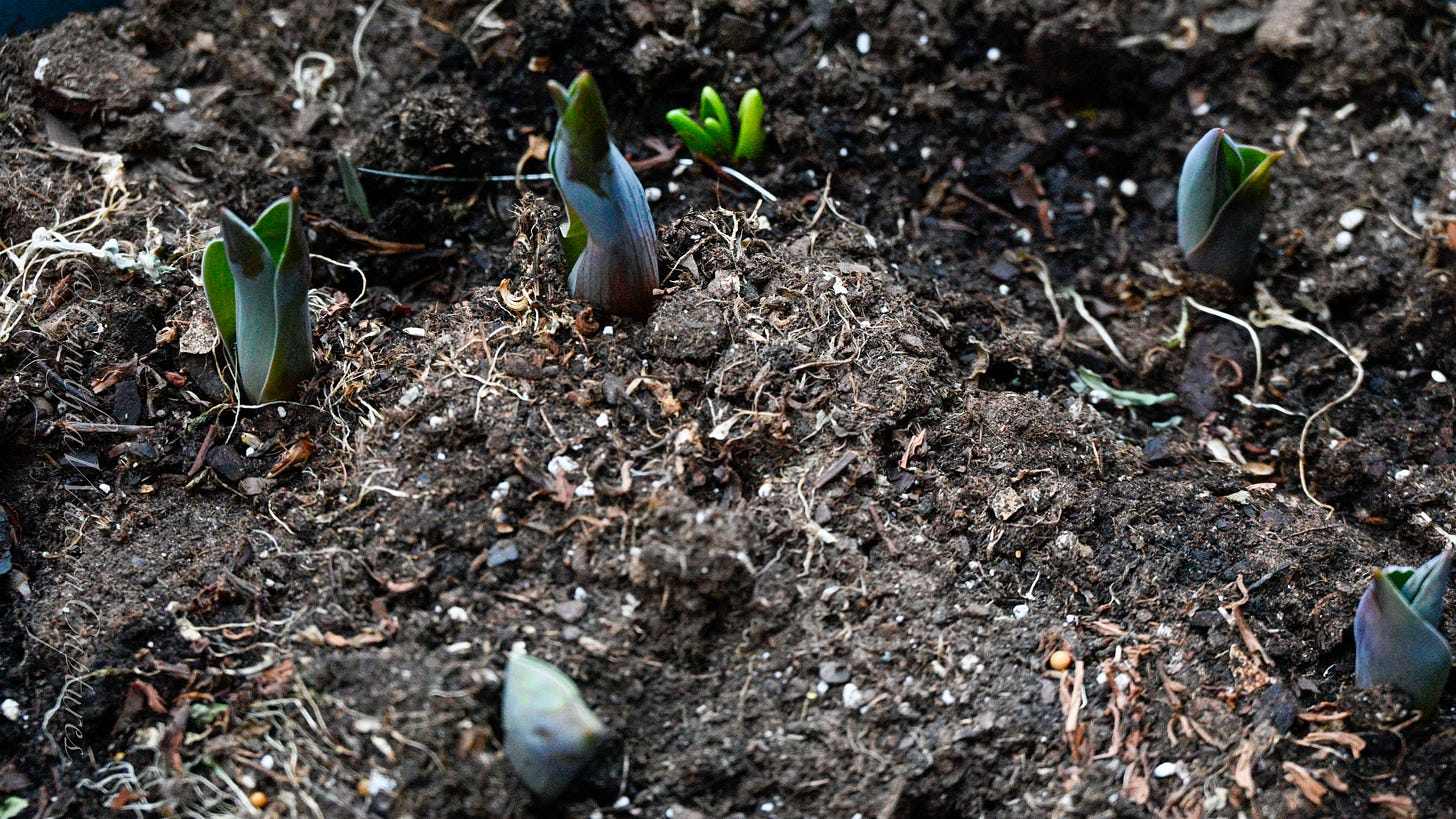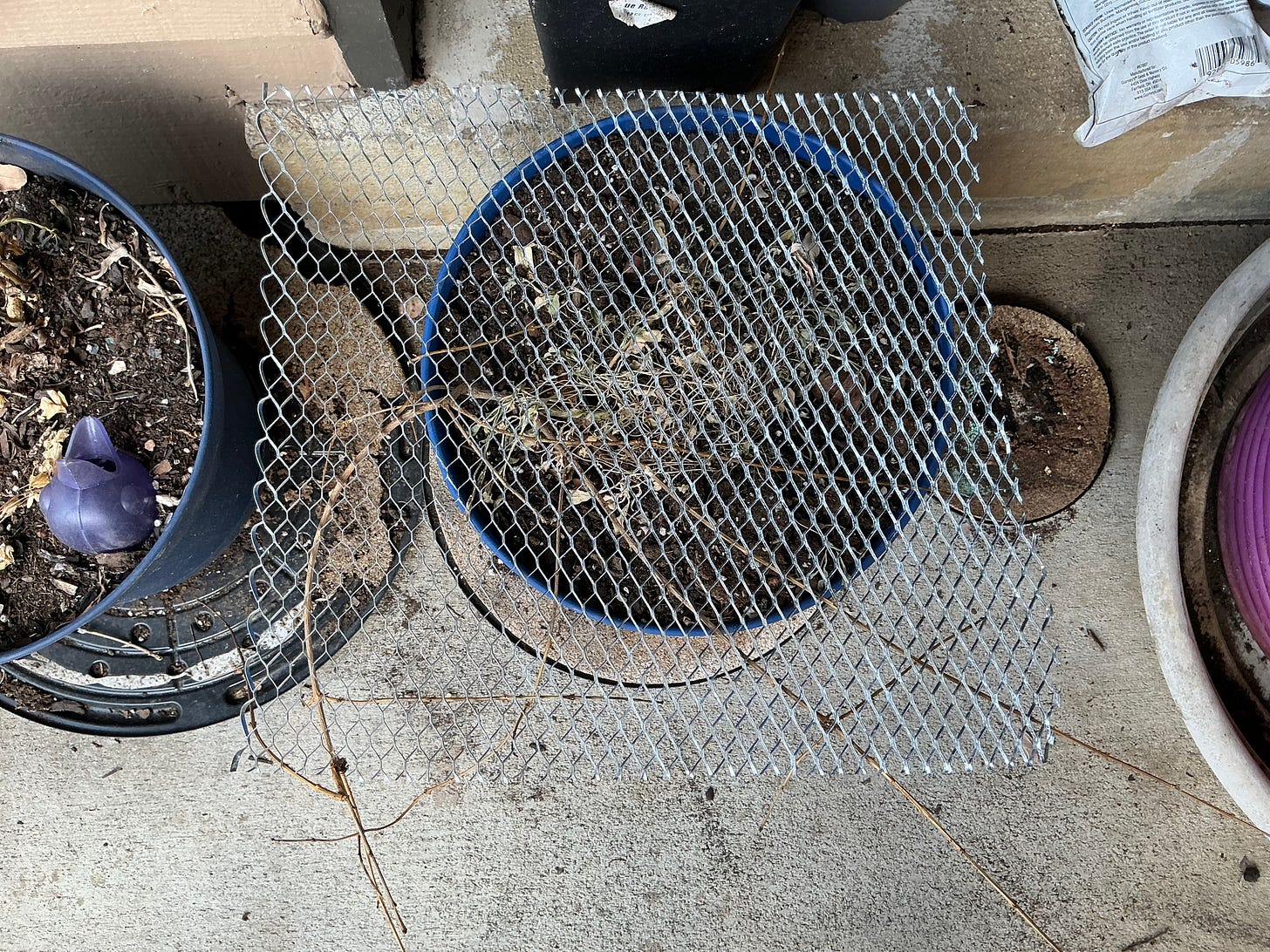Five years after the pandemic became the central feature of our lives, despite protestations to the contrary by many, threats beyond our control still bedevil us. I promise not to beat the disease horse today but I am aware of how different the world appears today than in March of 2020.
One effect lingering is pervasive national anger—the flip side of which is apprehensiveness. I completely understand why people are anxious when confronted with disruption in so many areas. I note skyrocketing health and dental costs precisely as Medicare and Medicaid are under siege. I fear for the shrinking opportunities for our kids and grands. The deteriorating climate is bringing us a welcome but premature (by historic measures) spring, yet there are unseen effects. Increased violence on airplanes (as occurred earlier this week between Wichita and the nation’s capital) is not only dangerous but indicative of a sense of entitlement undermining a society where 350 million lives. The list goes on, but I won’t belabor on it. I note greater danger walking in our neighborhood where drivers treat speed signs as mandating 55 mph or stop signs as non-existent rather than the actual 25 mph limits or preponderance of required stops at cross streets in densely populated Eastport. These topics are just what I think about this morning.
Yet I had a surprisingly encouraging cup of coffee yesterday afternoon because I met with someone who was trying to take responsibility as an elected official rather than merely kvetching, as I am doing. Taking responsibility to solve problems is a noble act that I wish more of us would consider.
The overwhelming focus of media coverage (and our personal attention) goes to federal elections, whether it’s the POTUS every four years or even the two legislative chambers. Yet, by design, federalism gives us most access to the people who make decisions about our local daily lives; we too often ignore that opportunity to view it as a nexus for change (OK, maybe I alone have been guilty of doing so, but I would offer you might have as well).
Late last month, one of our neighbors in our condominium community sent us a note about a fellow running to replace an outgoing local official in our upcoming election. I knew the retiring guy’s name but could not find him in a lineup as I had never met him nor attended a city council meeting. I saw the mayor at the opening of a restaurant addition back in the autumn, so I can identify him. Still, my closest association with the politics that shape my daily life in so many ways has been through reading the newsletters that populate my inbox along with the local CapitalGazette. My husband and I have shaken our heads at what seem bone-headed decisions on some policies, but that’s been the extent of my involvement.
I am good at learning about what I don’t like, however.
The neighbor thought we might take a few moments to meet the candidate since it’s a generational change underway, and we are committed to spending our retirement years here. The candidate also served in the Navy, so I suspect our neighbor figured we might have a secret handshake or something from the national security world. When the candidate suggested meeting at a local restaurant yesterday, I just thought I could spare a few moments to hear his pitch—and tell him how much I fear walking down the Indy 500 streets of Eastport.
A few moments turned into 90 minutes as the neighborhood eatery tolerated us, overstaying closing time by a few moments. Sure, the candidate and I found we did know a number of the same people. Still, our conversation was substantive on processes in Annapolis’s government, the mystifying lack of transparency in the local budget, and—arguably most importantly—how this candidate views options to implement change. I wondered in advance whether he would be on “transmit” alone, but, in truth, it was a genuine, respectful exchange of preferences and concerns.
That sounds utterly obvious, but in my advanced years, it’s the only time I have invested in such a chat. That is entirely my fault, of course, and yet I wasted all the opportunities by whining as if democracy didn’t need my support as much as anyone else’s.
I suspect many folks in retirement have one hundred minutes (counting the travel to a from) to dedicate to this. But how often do we think we register our concerns directly? How often do we actually try to make our feelings known? Don’t we more often feel frustrated, powerless, and bored with governing altogether, thus despondent that it’s worth the time to work for change?
I suspect nothing worthwhile is easy except kindness. Indeed, for a world, prioritizing my concerns ought to be worth some investment.
Please don’t think I have gone “naive” on you. This candidate has the enthusiasm of someone who hasn’t been thoroughly thrown into the fray yet. He could well become a “homesteading” officeholder, as happens so often, despite people’s good intentions. I participated in a conversation with someone seeking my support (duh). If elected, he would be a voice statistically unlikely to achieve all he sets out to do, as that’s how democracy works. Yes, I understand every bit of that and was well aware as we exchanged ideas. I agreed with much of his vision, but not all of it. I am part of a particular demographic that hues to perspectives that may be average in this ward but have less sway in the rest of the city.
My focus today is on taking a step—such an obvious one—that I had never undertaken, yet I see myself as a pretty aware, involved citizen. I made sure I listened, probed, listened again, raised concerns, and then waited to see how he reacted.
Many discussions are occurring about town halls and protests as voters realize the shifts POTUS intends to make in our country. Unsurprisingly, people awaken when they feel an earthquake. But will they sustain interest over the long process after a few weeks? We must commit to greater long-term involvement, or we will see people continue abandoning participatory governance. The prospect of that change ought to terrify each and every one of us.
My suggestion, tough as it might be for those still fully employed, is to pursue more sustained engagement with our local, county, and federal officials. The really committed will crave that, while those seeking only to hold office rather than help their constituents will likely disappear in the face of participant knowledge. Democracy only thrives when we are involved. Without healthy partisan differences, democracy will die under the weight of an oppressive sense of entitlement by whichever party rules uncontested. Democrats long predominated at the federal level, leading Republicans to focus on state and local offices to secure a voice in governing. Democrats, it appears, are beginning to cultivate a younger slate of candidates who likely will repeat the lessons Republicans learned. Still, Dems relied on aging leadership, inevitability, and entitlement for too long.
I am advocating that more people of all non-violent views become involved with the actions consequential in their lives.
I am not telling people they must run for office, though that is an option for anyone seeking to change policies. I am saying engage with your officials—put them on notice that you are paying attention. Know what your local budget allocates for—or doesn’t support. One doesn’t have to follow the most profound details to understand priorities.
Too many of us, regardless of party affiliation, surrendered democracy to someone else, figuring someone would act with our individual interests in mind. Clearly, millions of Americans no longer have confidence in that proposition. Many think the institutions broke down years ago as if by a spell cast on them.
But American institutions are built on our involvement. I don’t buy the argument that we cannot trust those institutions when we are actively involved. I believe that posting our beliefs on social media is sufficient, yet too many of us fell into that action. Major consequences resulted.
Yesterday reminded me that I have a role in this centuries-long play we call America, even if I wasn’t doing my part as actively as I could have. Reclaiming that task does not require full-time energy but does mean I need to reallocate time rather than passively assuming the fairy dust will suffice.
I am completely confident engaged people across the political spectrum are better for our country than fairy dust.
I welcome hearing of your engagement with policies or candidates. Let me know where you’re making a difference. If you have better suggestions, pass them forward. Life is hardly a dress rehearsal but is an extended opportunity to learn, to commit, and to make a difference. If you think I am off base, as some of you may, I am all ears for that feedback as well.
Thank you for your time reading Actions create consequences today. I appreciate those fifty of you who subscribe with your resources. The commitment if merely $50 a year for twelve months while others support this column on at $8 monthly. In either case, I appreciate your support and know you are getting a wide range of consequences for a modest investment.
Tuesday afternoon was glorious. It’s cooler today but spring is here.
As an update, I did foil the bloody squirrels with heavy metal wire laying over the planters. Monday afternoon I removed the wire and the bricks I had laid across each planter to assure weather or wind or nefarious ones did not get into the pots. I felt so victorious when I realized they did not defeat me over the winter following my whine about squirrels last fall.
Tuesday midday I realized I had a whole dug in the soil where—natch—a thief got away with a bulb. Squirrels, I am on to you! Actions led to consequences yet once more.
Be well and be safe. FIN








We have several friends who have moved to lovely enclaves with HOAs. They ALL have rancorous stories! And our local Congressional Representative takes it on the chin every time he sends out his monthly update. I'm also amazed that he's willing to continue publishing his activities when attacked so often. And then we wonder why countries can't get along!
Interesting post today. It brought to mind a parallel with my post military life. We moved into a small but new community upon retirement from the military a little over 2 years ago. Like many communities, this one has an HOA. Although, we live in rural S. West Idaho so “folks ‘round here don’t cotton much to rules and such…” So HOA-type directives and compliance do not go over well here. Most of this new community (which used to be a thriving alfalfa field) is now occupied by Californians who wanted to escape the “craziness of California & Sate politics” (their words). Most here are very conservative in nature which fits well with the community they’re now calling home. Since it’s a small community (about 40 homes total)…and new, everyone knows everyone which is pretty unusual for neighborhoods these days. Because of that, many of our neighbors knew of my military service by the time I arrived. Upon our arrival, I was approached about 10 different times by as many people to take over as the HOA president. I declined all attempts at taking on that role. I’ve pretty much detested HOAs from the first time I came in contact with them and despite the fact that ours is much more benign than most…it still comes with the stigma attached to those entities. Turns out, it has been a good decision. We’re friends with all our neighbors vs. the current HOA officers who have landed more on the “outcast” roster… for holding up the rules the community agreed on. Never made sense to me. The “members” of the HOA create the rules…then elect someone to enforce them…then criticize the people they just elected. I want no part of that cycle.
Like politics, someone needs to do it, but it comes with baggage. Like other professions, I’m glad those folks are out there and are passionate enough to take on those roles knowing the pitfalls that await. It amazes me the amount of personal attacks and mud-slinging elected officials put up with and still keep on going. Perhaps younger folks have more resiliency for this stuff. For me, life’s too short to have to deal with all that… even in a local HOA.